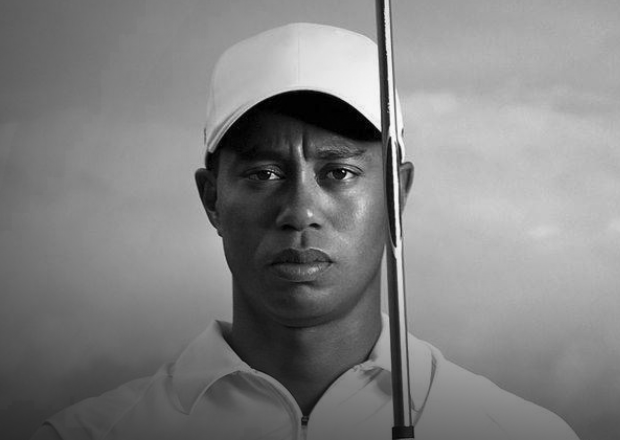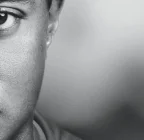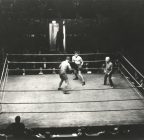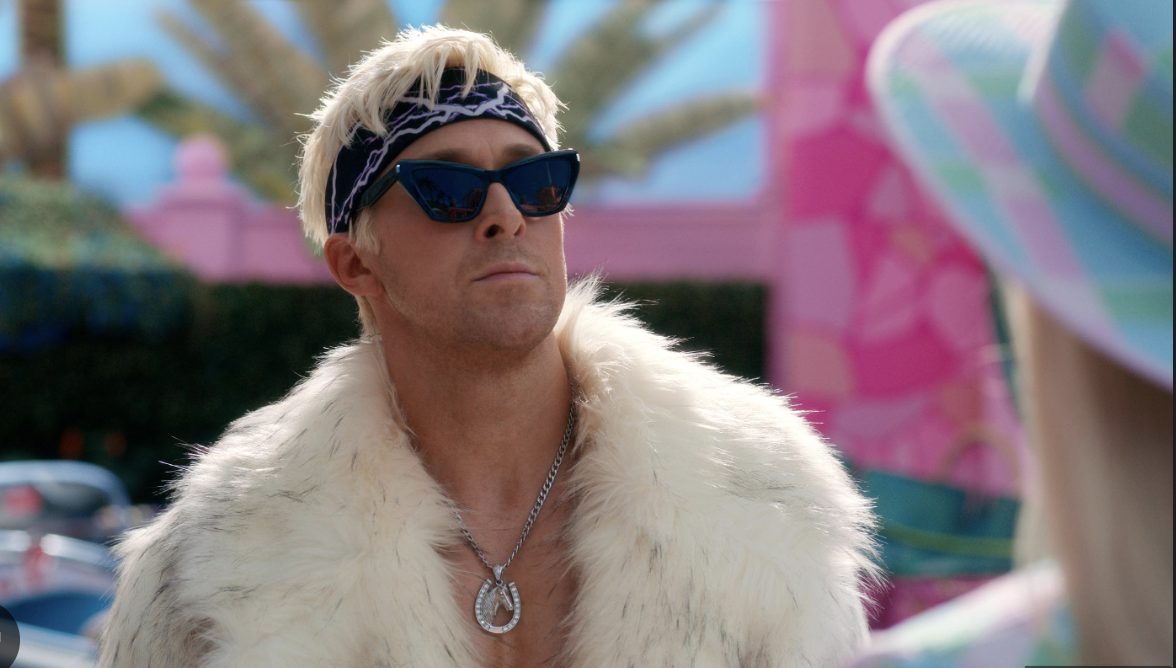HBO’s Tiger, and emergence of an American Super Hero

Tiger, and emergence of an American Super Hero, find out how.... Tweet
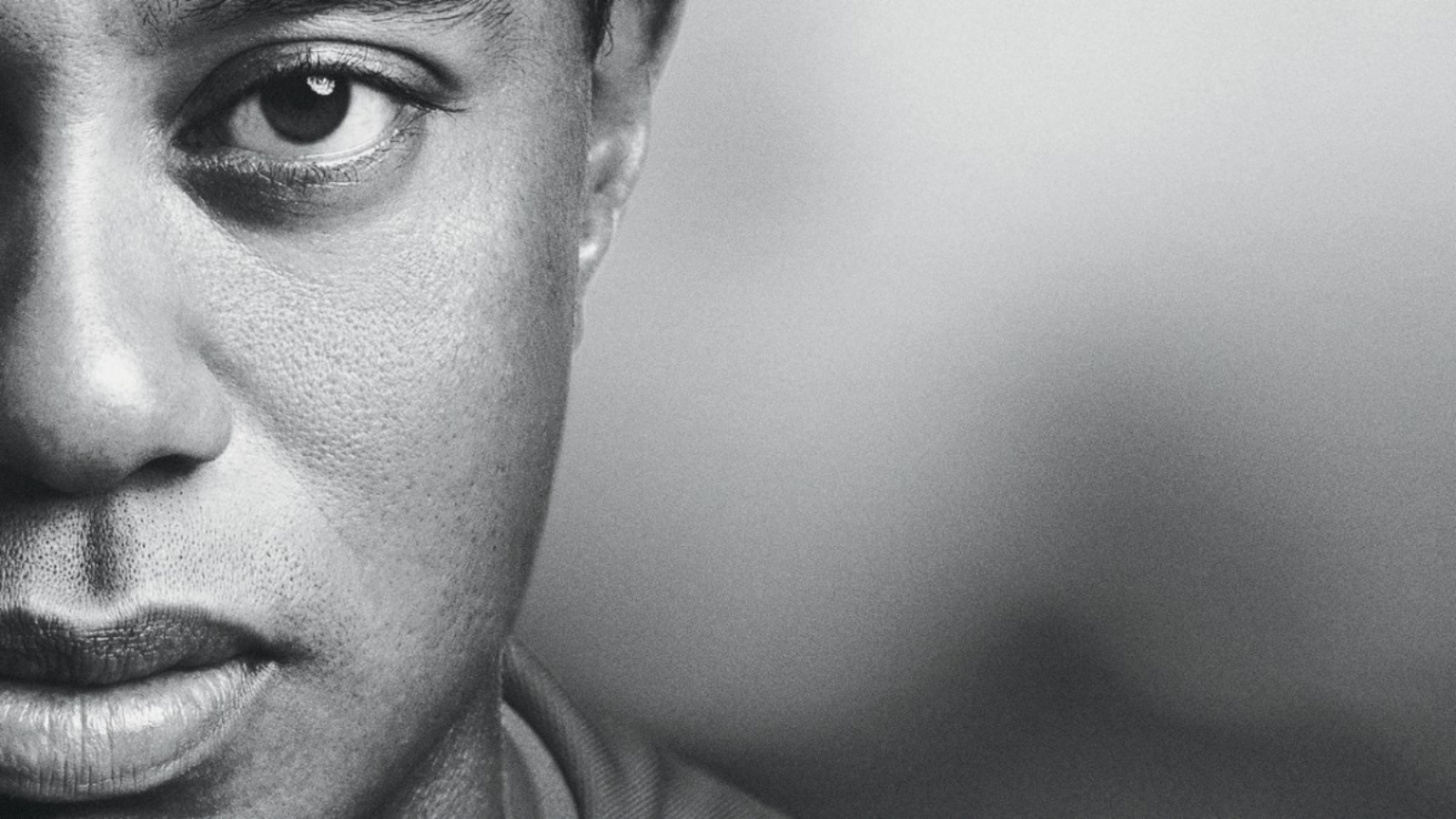
I grew up in the age of Tiger Woods. I am not a golfer, but you could not help but follow Tiger Woods’ career. He cut through his older contemporaries like a hot knife through butter. Bouncing a golf ball off a 5 iron, like Pele with a soccer ball on his foot, giving it the equivalent of a bicycle kick of swing, straight down the fairway.
It was as if Nike, American Express, Sprite and Buick created the perfect marketing love child. A cultural and capitalist icon that transcended the divisions and connected the human family. He was exacted what his father intended to create: a black Ghandi with a golf club.
I must tell you; I am not a big fan of Schadenfreude—and therefore took no joy in Tiger’s fall from grace. In fact, when I discovered how many girlfriends Tiger was juggling, I was like, shit, this player plays. What I found most interesting about the whole ordeal, was how this public discovery of the down low Tiger, cut down the invincible Achilles of golf. After his press conference, Tiger lost his game. I longed for him to clear up his head and make his comeback. And when he did, I did not see it, but I said to myself: Good for you Tiger, welcome back!
I was disappointed when Tiger got arrested, seeing it as a forced error. Tiger, if I had your money, I would have a special forces guy as my driver and author of Fifty Shades of Gray managing my sexy texts. Then Tiger did himself in again, driving fast down a windy road and he flips his Buick several times, and comes out all broken up, like Steve Austin in the Six Million Dollar Man. Tiger, if you read only this: You can afford a fucking driver!
I tell you this as way of background to explain why I watched HBO’s unauthorized biography on Tiger. I was interested in why this $780 million dollar man doesn’t have a driver. You split 10% of your purse winnings with your Caddy, but you can’t see your way to spending a few hundred grand a year for a driver and a sexy texter. My inquiring mind was looking for answers.
As you would expect from an unauthorized treatment of a public, tight lip and reclusive, global icon, HBO’s Tiger was certainly not welcomed by the man. That said, Tiger holds up to a “warts and all” examination. Tiger is a very interesting character. I would love to have an off the record drink with him.
A guy of extraordinary, preternatural skill does not rise out of nothing. I knew his Dad raised him with a golf club in his hands. But I did not know that his father, Earl, was a Green Beret, or that his father brought the dark arts of physiological warfare to Tiger’s mind game. Tiger also had a Tiger mom, with her own role and bag of mental tricks.
The most touching, and tragic statement, that comes out of the biography, was Tiger’s answer to the question of his attraction to Scuba Diving: “the fish don’t know who I am.” On the ground, everyone knows who Tiger is and can’t take their eyes off of him. It’s not an easy cross to bear. King Richard, in contrast to Earl, prepared his daughters to live in such a weird world.
After watching it, the following idea for a graphic comic series came to mind—which of course will become a blockbuster movie—loosely based on this reclusive sports icon. A new American Avenger built around the game of golf. (DC comics, I am not wedded to doing this through Marvel.)
Our main character—let’s call him Guy—was raised by the US Army to dominate the world of golf and use the game as a cover to defend American interests against all enemies foreign and domestic. Golf is the stage of Man. On it, deals are cut, and the fate of nations decided. Our hero is naturally invited into the company of the world’s most powerful men and gain insight and access into the movements of men and nations.
The PGA is a cut-out for a international spy network, and Guy is its American Bond. Shepherd, Guy Shepherd. Whether our Guy is in Scotland, Abu Dhabi, or Augusta, he is there not only to play the game and win, but to thwart terrorists, drug and human trafficking cartels, and the illiberal designs of despotic regimes. Whatever the threat to the American way of life, Guy neutralizes it.
Assisting him is a national network of station chiefs—all of them women, and who communicate with Guy through coded sexting. If ever caught, it looks just like a golfer with a side piece, a 19th hole, in every capitol city. Embarrassing of course, but protecting not only the station chiefs but the higher cause of truth, justice, and the American way that they serve.
Every superhero needs a nemesis, a Moriarty, a sociopath to cross paths and purposes with. Guy’s is a leading left-handed golfer, with a penchant for gambling and insider trading Those who know him best refer to him as El Raton.
As you’d expect, such a man attracts similar dark souls among the world’s global elite. Just as Guy goes unknown, El Raton is an unknown global malefactor, using the cover of the game to further the interests of a global criminal syndicate.
While our protagonist, Guy and antagonist, El Raton, don’t come into direct contact with each other until much later in the series, each encounters the other’s proxies and plans. Each knowing, haunted, that there is someone out there, like the other, but on the other side of the good and evil divide.
I think it works. What do you think?

